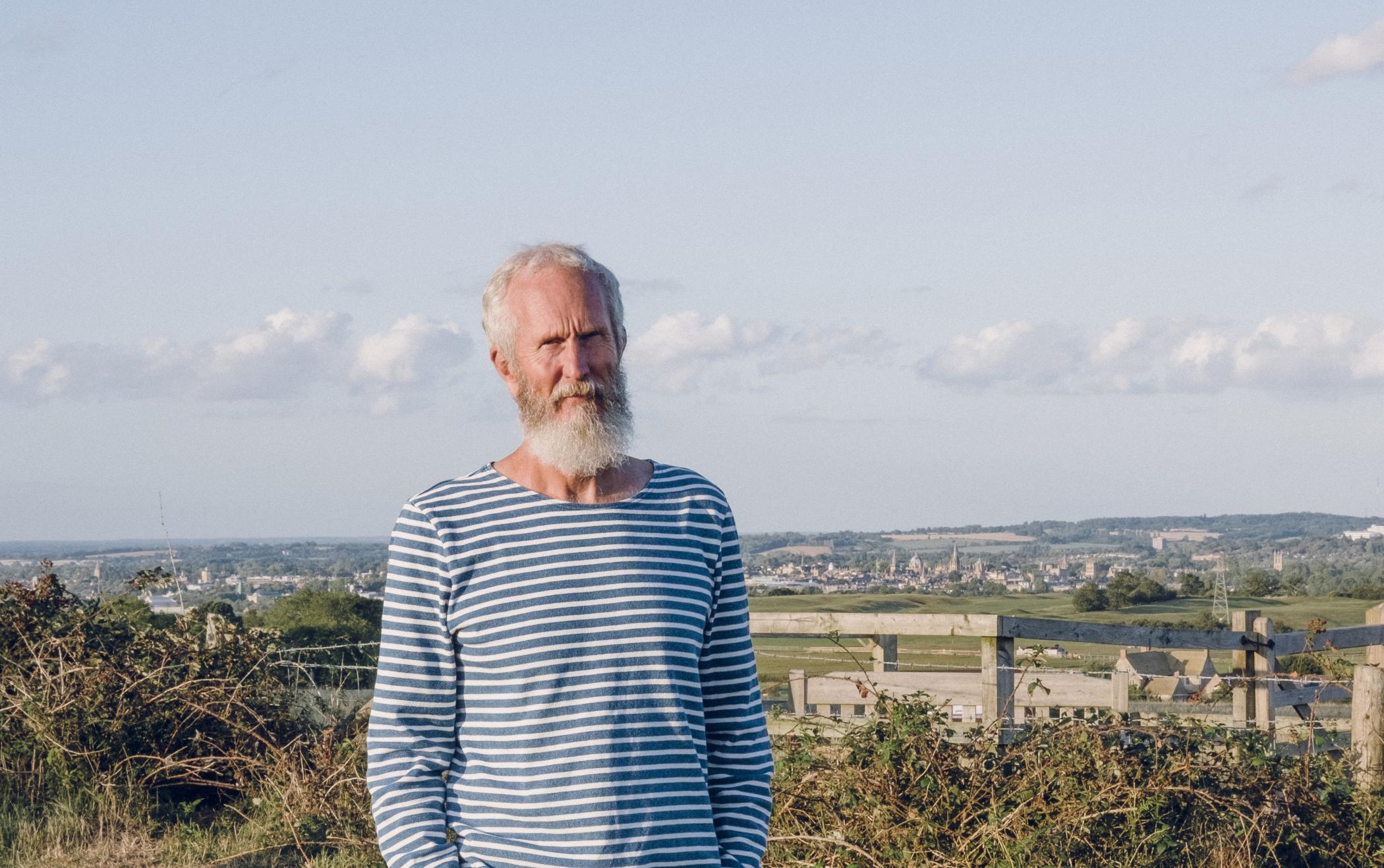Predicting the chaos: Professor Doyne Farmer joins the Smith School

“The clean energy transition is likely to be bumpier and faster than most people realise”
Doyne Farmer, a complex systems scientist with research interests in economics, technological progress and prediction, has joined the Smith School as Baillie Gifford Professor of Complex Systems Science. His remarkable career to date has included pioneering chaos theory, beating roulette wheels using wearable computers, and founding and selling the Prediction Company – one of the first fully automated quantitative trading companies.
“I’m excited - I like working with people who are committed to things that are good for the world,” said Professor Farmer, whose other appointments include INET at the University of Oxford and the Santa Fe Institute.
Farmer’s most recent research includes Empirically grounded technology forecasts and the energy transition, which was led by Rupert Way and co-authored by Farmer, Matthew Ives and Penny Mealy. The paper made headlines across the world for its central finding – that a faster transition to clean energy could save the world trillions of dollars.
Now, Farmer is building upon this work at the Smith School. “The clean energy transition is likely to be bumpier and faster than most people realise,” he said. “What the world needs is guidance about where those bumps might be, and an understanding that things are going to happen pretty quickly.”
But, why then do so many leaders, particularly in politics, stress that the clean energy transition will be slow and difficult? “It's a question of understanding technological change” answers Farmer. “We’ve been looking at the underpinnings of the transition, which are emerging technologies: solar, wind, and green hydrogen. All these technologies are growing at fast rates – they follow the S curve of development. But we haven’t yet reached the fast part of the curve.”
Long before ChatGPT was invented, Farmer was interested in the potential of AI. “When I worked at Los Alamos in 1988, I had a complex systems group, with several people working on robots and AI. And at the Prediction Company I did a lot of work with neural nets. AI was a pretty niche thing until around 2007, when it finally hit several benchmarks. Now with the current explosion in progress, the question is whether it will hit another plateau.”
As well as his work on the clean energy transition, Farmer has also written his first book - Making Sense of Chaos. Published by Penguin, it will explain how advances in technology and complex systems science can allow us to build more realistic models of economic activity, which will in turn enable better decision making.
Another first for Farmer, who has long advocated for the benefits of adventure in life, is that he is sailing to Britain in his boat next year. “It won’t be as warm as the Mediterranean, where I’ve been sailing for the last few years. But the winds will be more reliable. As a sailor, it’s good to have a steady wind behind me.”
Making Sense of Chaos will be published by Penguin Books on 25 April 2024.
